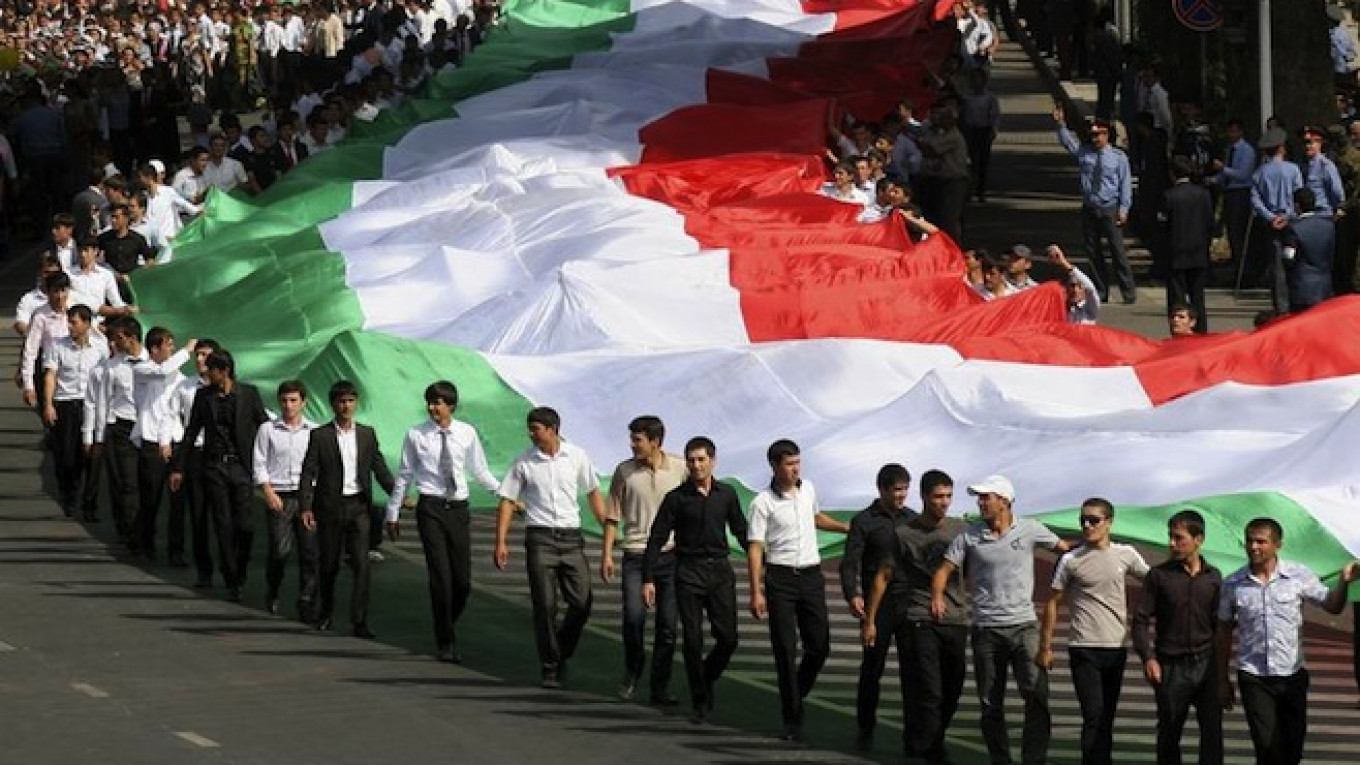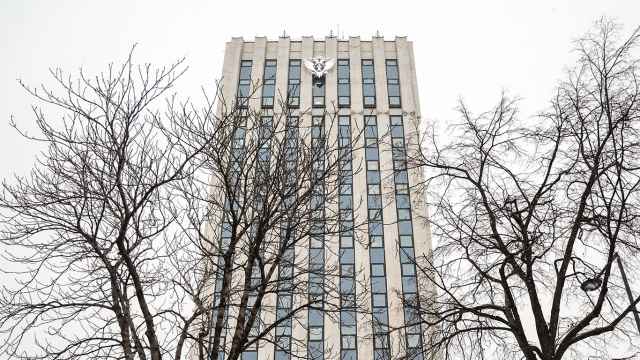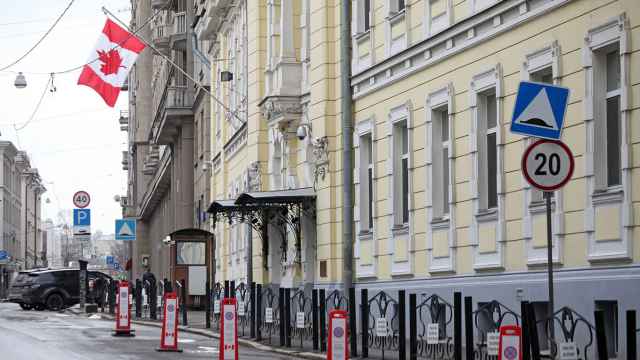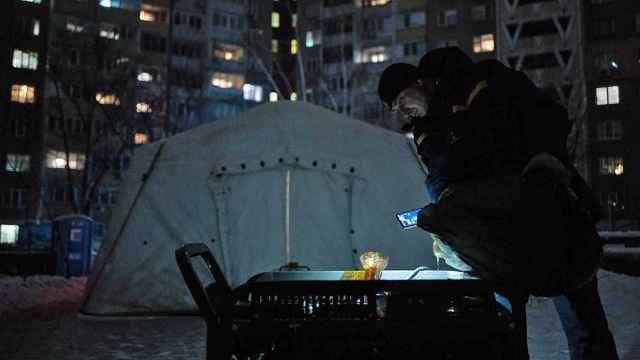Authorities in Tajikistan have officially banned patronymics and surnames with “Russian” endings, such as “-ov,” “-ev,” “-ovich” and “-ovna,” the RBC news website reported Friday.
In an interview aired on Tajikistan's Radio Svoboda service, deputy head of the state registry office Dzhaloliddin Rakhimov said the law was signed by President Emomali Rahmon in March.
Rakhimov said that many citizens want to keep the Russian versions of their children's names.
However, he said the authorities are making an effort to explain to the public that the main goal of the new law to is to make sure that all surnames in the country are written in Tajik in order to avoid having children “separate in two groups, one of which will be proud of their Tajik names while the other will have to carry foreign ones.”
“In Tajikistan, names and the way they are written is done in accordance with culture, national traditions and the Registry of Tajik national names, approved by the government,” he said.
The new law states that all patronymics and surnames will now be formed — and written in official and personal documents — using the Tajik language, using endings such as “-zod,” “-zoda,” “-y,” “-yon,” “-far” and “-pur.”
Traditional Russian patronymic “Ivanovich” must now be written as “Ivanfar” or “Ivanzod,” or “Ivan.”
Tajikistan's long-time president suggested the ban on Russian endings in names in 2007 and has changed his name from Emomali Sharifovich Rakhmonov to Emomali Rakhmon.
A Message from The Moscow Times:
Dear readers,
We are facing unprecedented challenges. Russia's Prosecutor General's Office has designated The Moscow Times as an "undesirable" organization, criminalizing our work and putting our staff at risk of prosecution. This follows our earlier unjust labeling as a "foreign agent."
These actions are direct attempts to silence independent journalism in Russia. The authorities claim our work "discredits the decisions of the Russian leadership." We see things differently: we strive to provide accurate, unbiased reporting on Russia.
We, the journalists of The Moscow Times, refuse to be silenced. But to continue our work, we need your help.
Your support, no matter how small, makes a world of difference. If you can, please support us monthly starting from just $2. It's quick to set up, and every contribution makes a significant impact.
By supporting The Moscow Times, you're defending open, independent journalism in the face of repression. Thank you for standing with us.
Remind me later.






